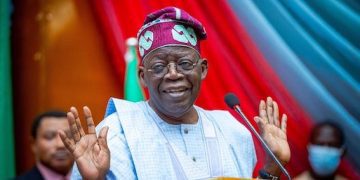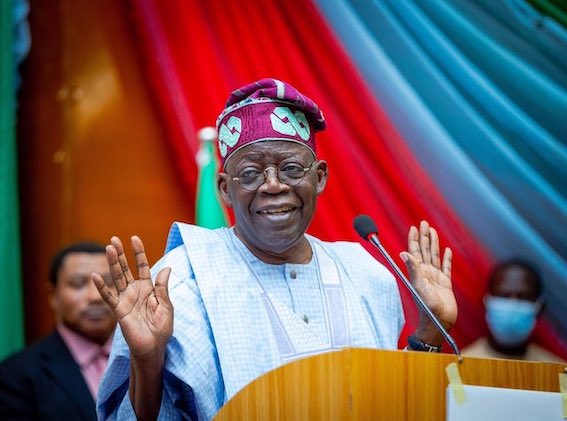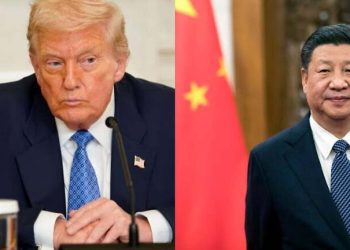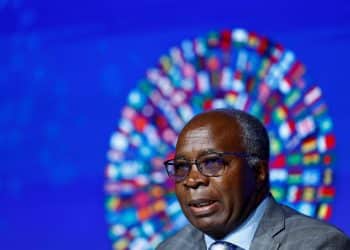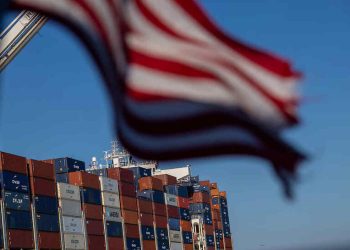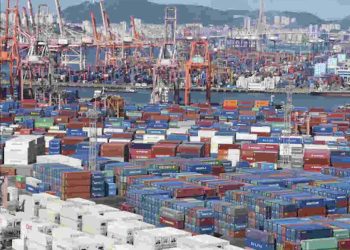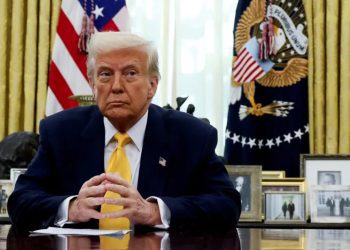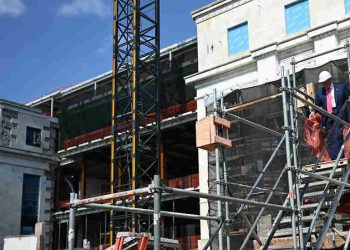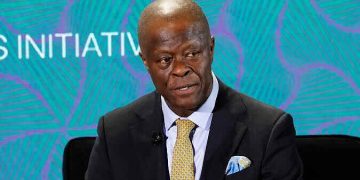President Bola Ahmed Tinubu has announced that the Federal Government is no longer borrowing from domestic banks, citing a significant revenue breakthrough driven by non-oil sectors.
The declaration came during a meeting with members of the Buhari Organisation, led by former Nasarawa State Governor, Senator Tanko Al-Makura, at the Presidential Villa.
Tinubu stated that Nigeria had met its annual revenue target by August, attributing the achievement to robust non-oil revenue performance.
“The economy is stabilised, nobody is trading piece of paper for exchange rate anymore. We are going up. Today I’m standing before you, I can brag that Nigeria is not borrowing a dime from local banks,” Tinubu said.
“The revenue, we have met our target of revenue for the whole year, we’ve met it in August. Non-oil. If non-oil revenue is doing well, then we have no fear of whatever Trump is doing on the other side.”
The President also announced a nationwide agricultural mechanization initiative aimed at achieving food sovereignty and reducing poverty.
“I’ve just signed up on a huge mechanization program that in every region, we have a mechanized center for agric-mechanization. That is our path to food sovereignty, food security,” he said. “You remove hunger from poverty, you have defeated poverty.”
Despite Tinubu’s optimism, Nigeria’s debt profile continues to raise concerns. According to the Debt Management Office (DMO), the country’s total public debt stood at N149.39 trillion as of March 31, 2025, a 22.8% increase from N121.67 trillion recorded in the same period of 2024. The figure also rose by N4.72 trillion from the previous quarter.
A mid-year economic outlook by CSL Stockbrokers Limited, a subsidiary of FCMB Group Plc, projects that Nigeria’s public debt could reach N160.6 trillion by year-end. The report warns that the Federal Government may need to borrow an additional N9.3 trillion to cover a widening fiscal deficit, potentially pushing debt to 50.2% of the pre-rebased GDP.
“We expect the government to ramp up its borrowing efforts in the second half of the year to bridge the widening fiscal gap,” the outlook stated. “We believe the government could come to the market to raise around N9.3 trillion or more in the second half of the year, which could see the total public debt rise to at least N160.6 trillion (c.50.2% of pre-rebased GDP) by the end of the year.”
While Tinubu’s administration touts fiscal discipline and revenue growth, analysts remain cautious amid weak oil earnings and delayed tax reforms. CSL’s report suggests the fiscal deficit could expand to 5.8% of GDP, surpassing the 2025 budget’s projection of 3.9%.
